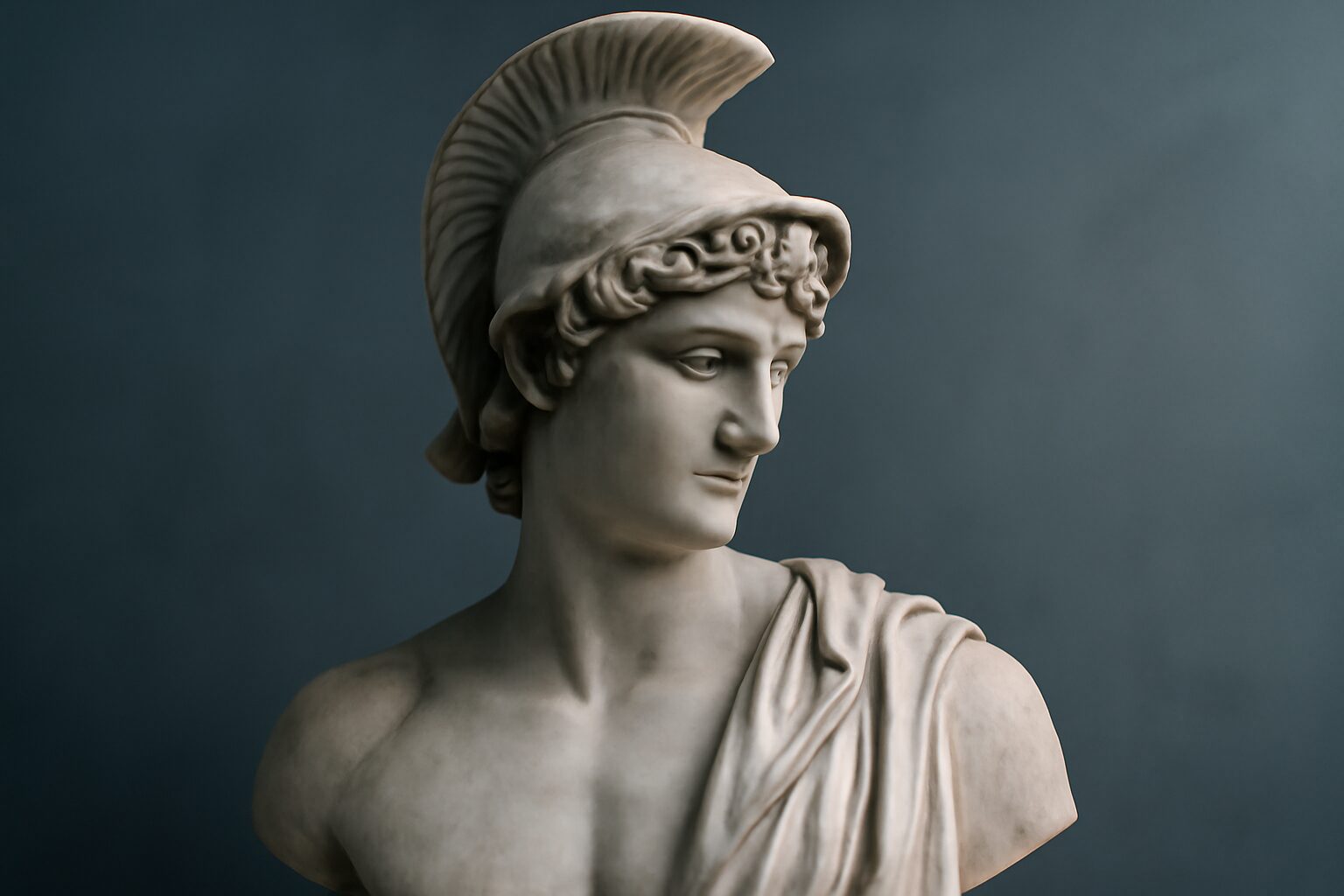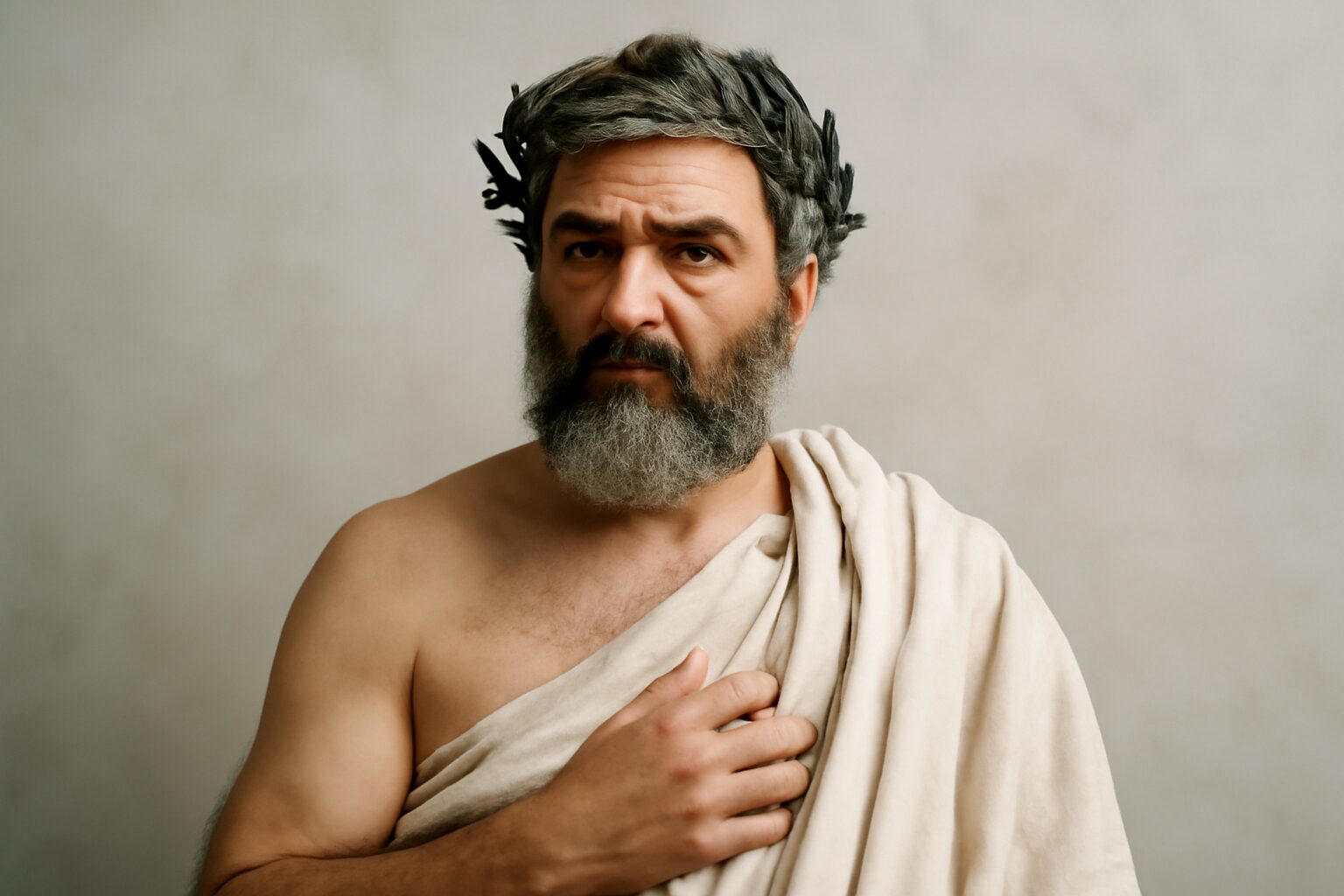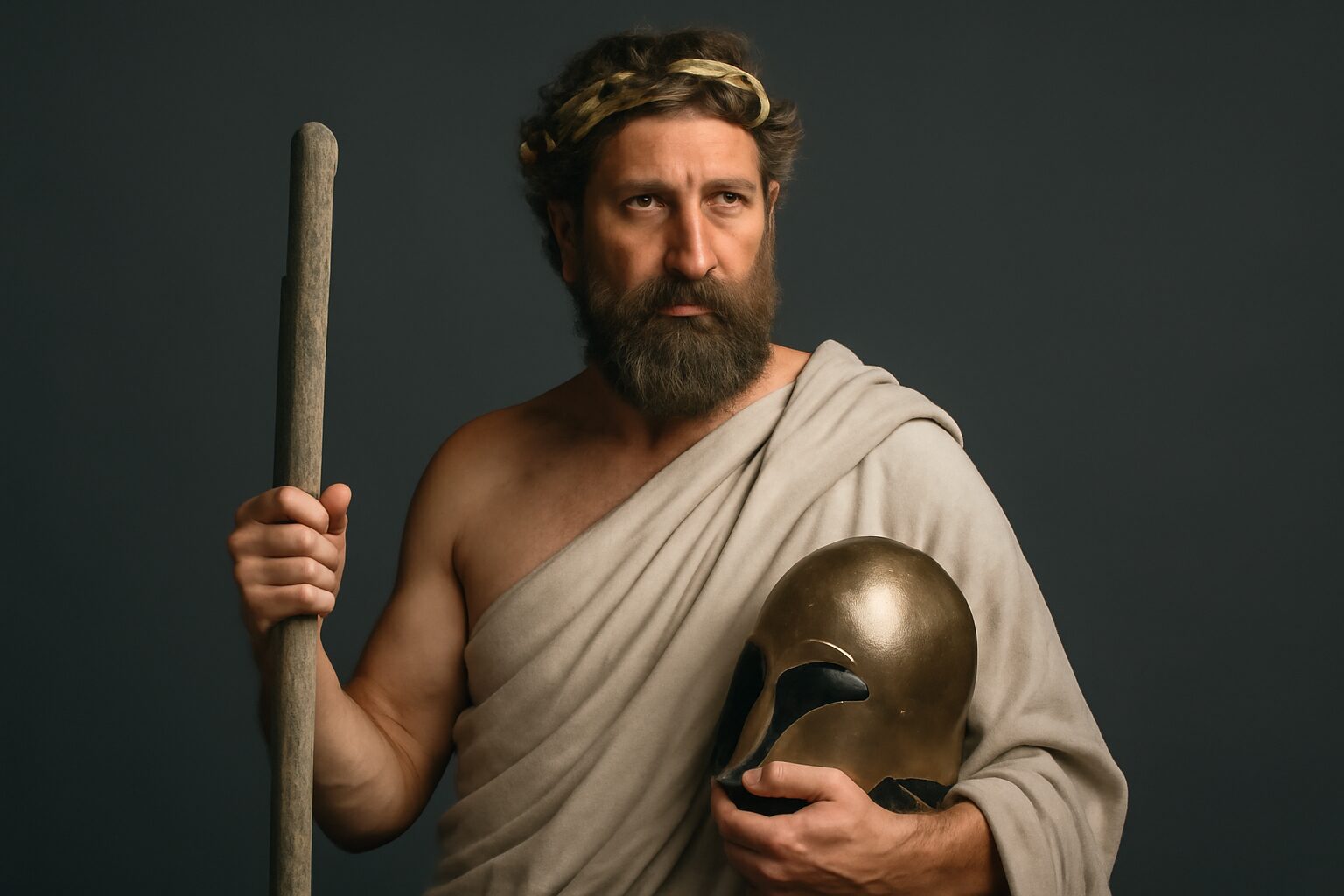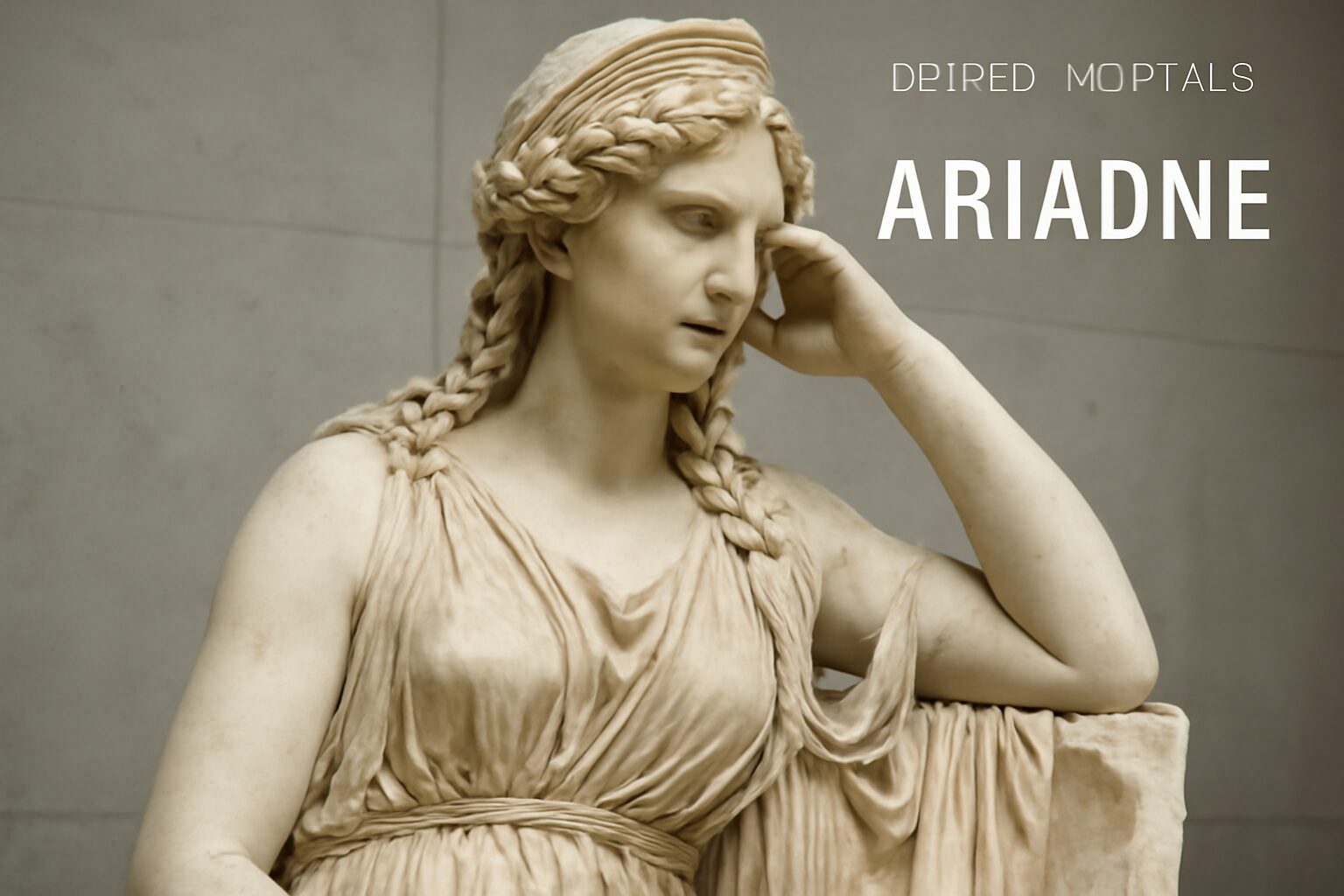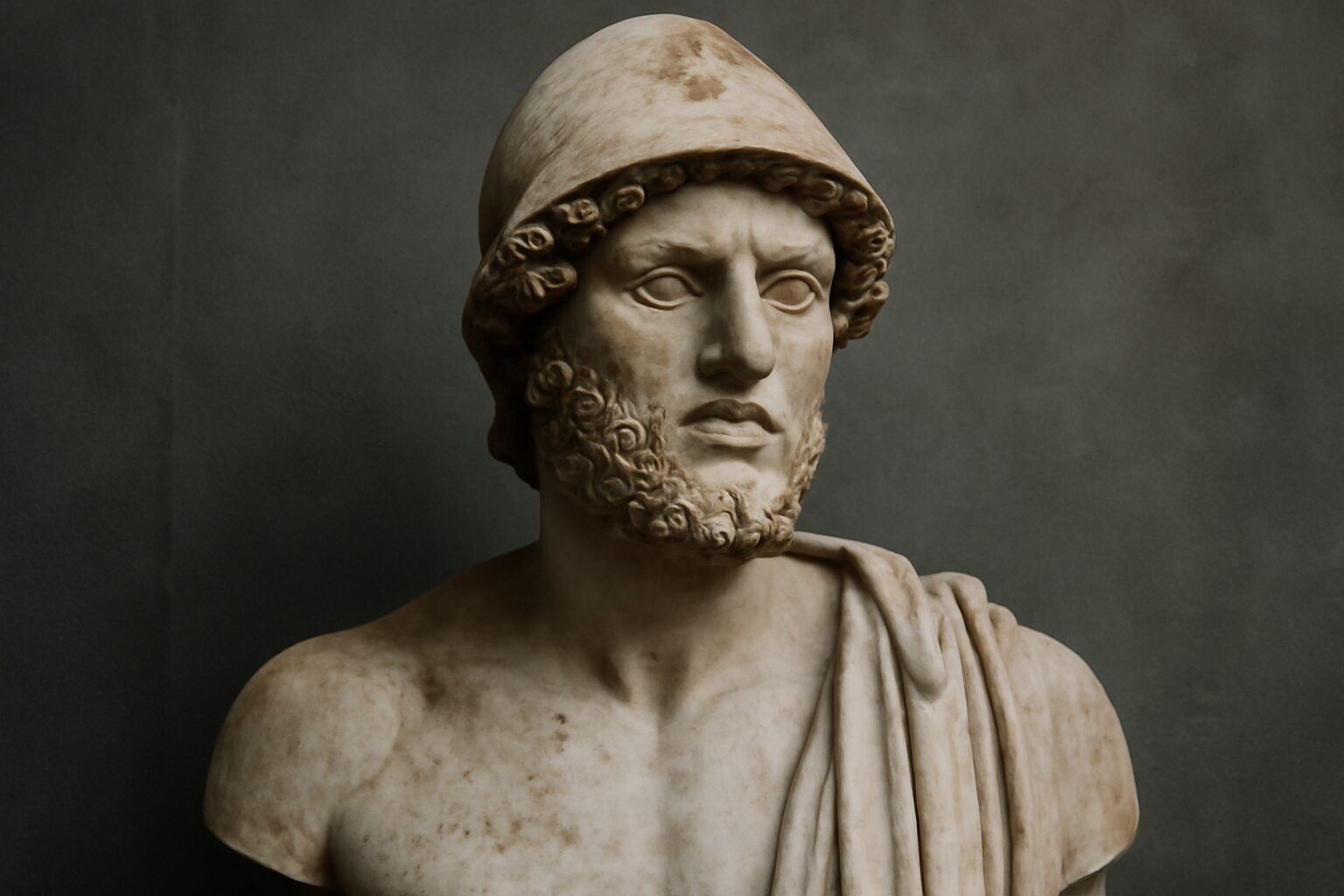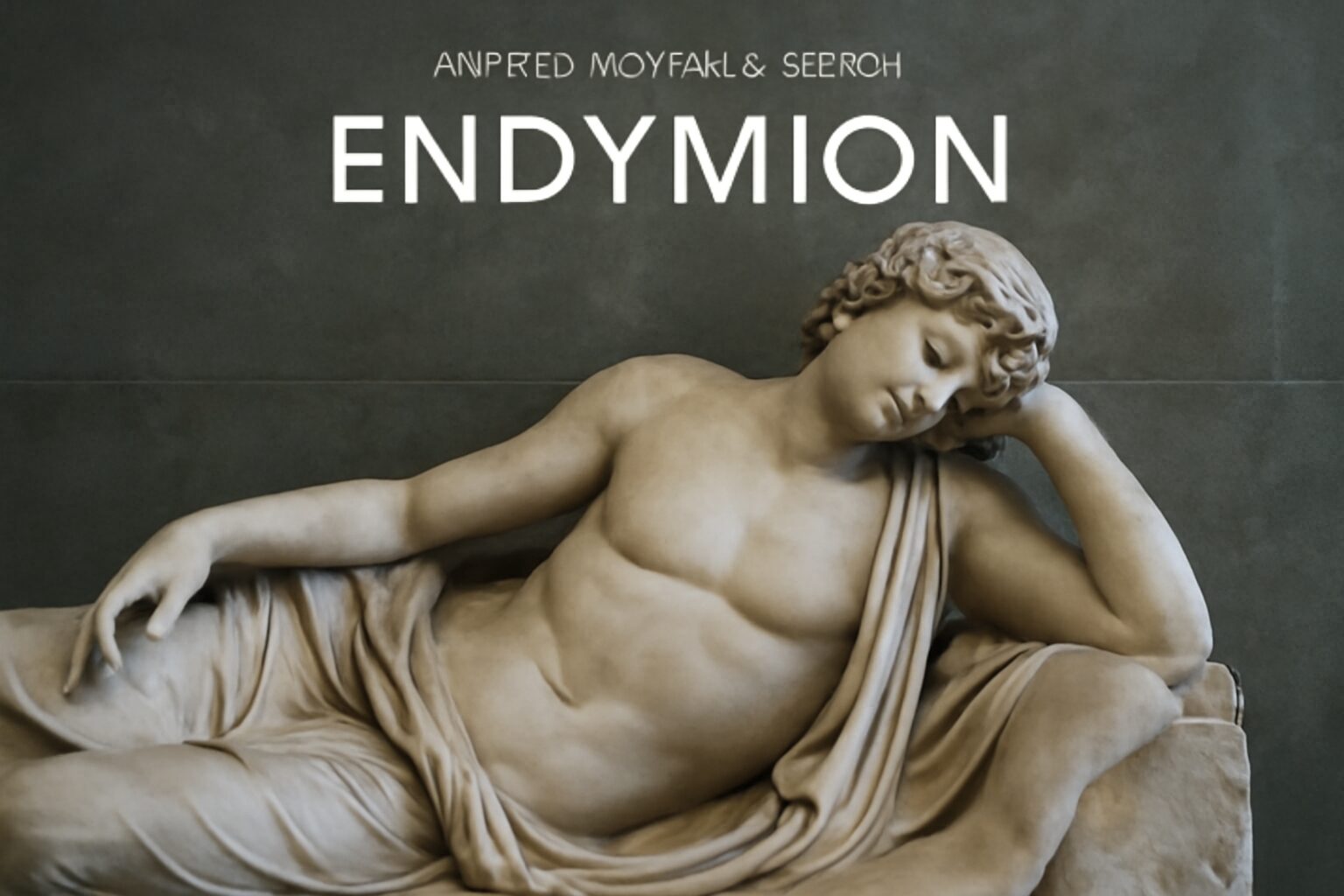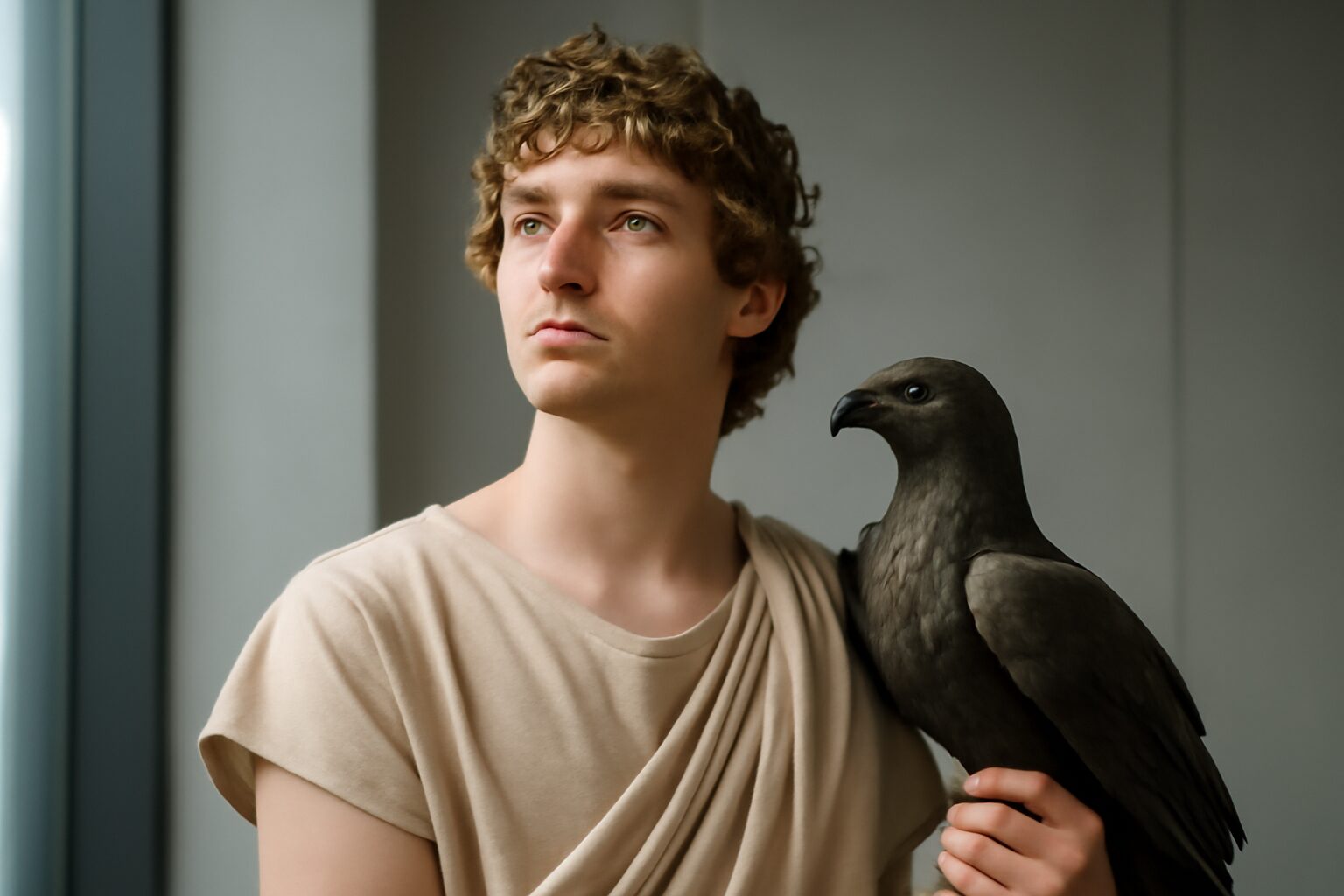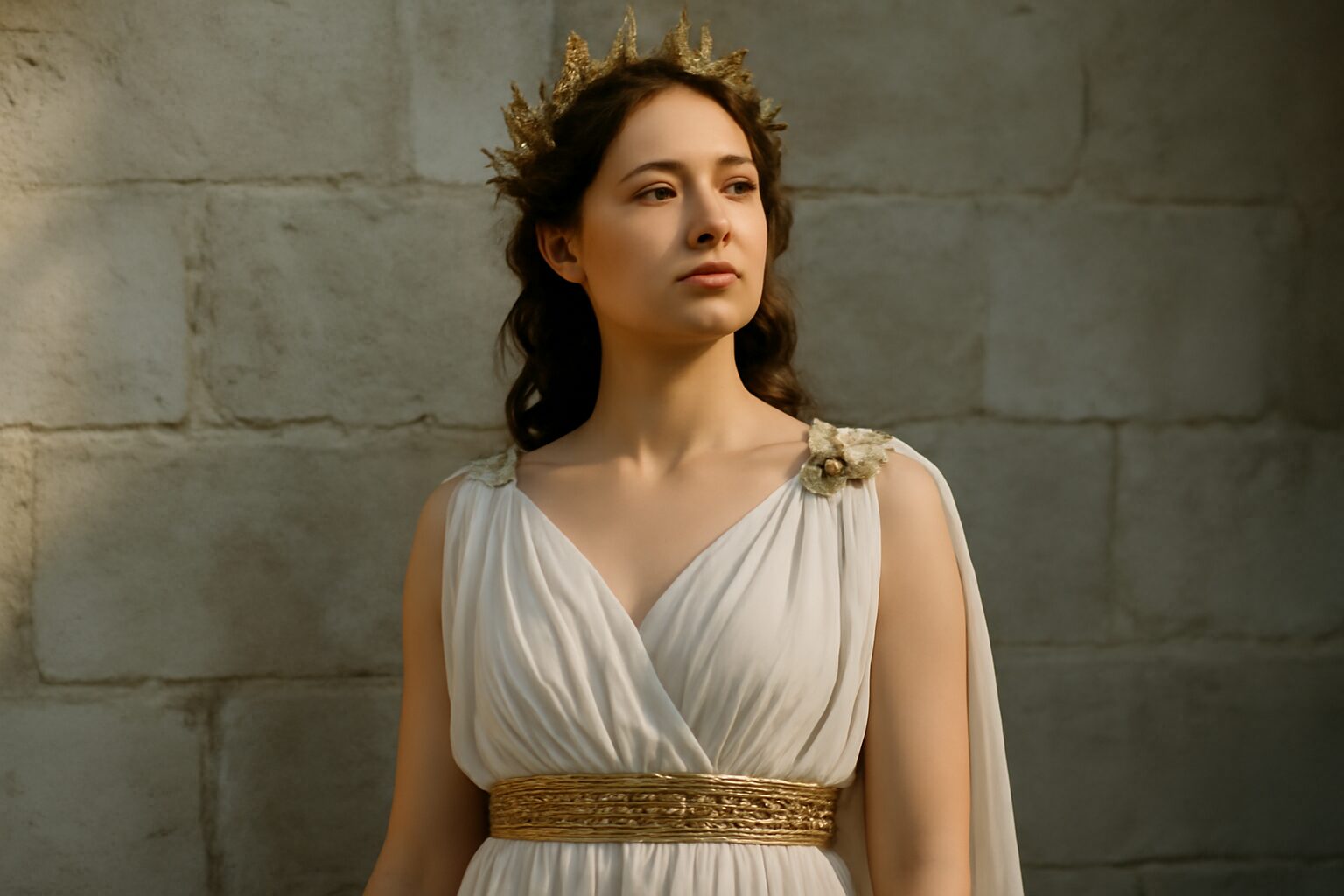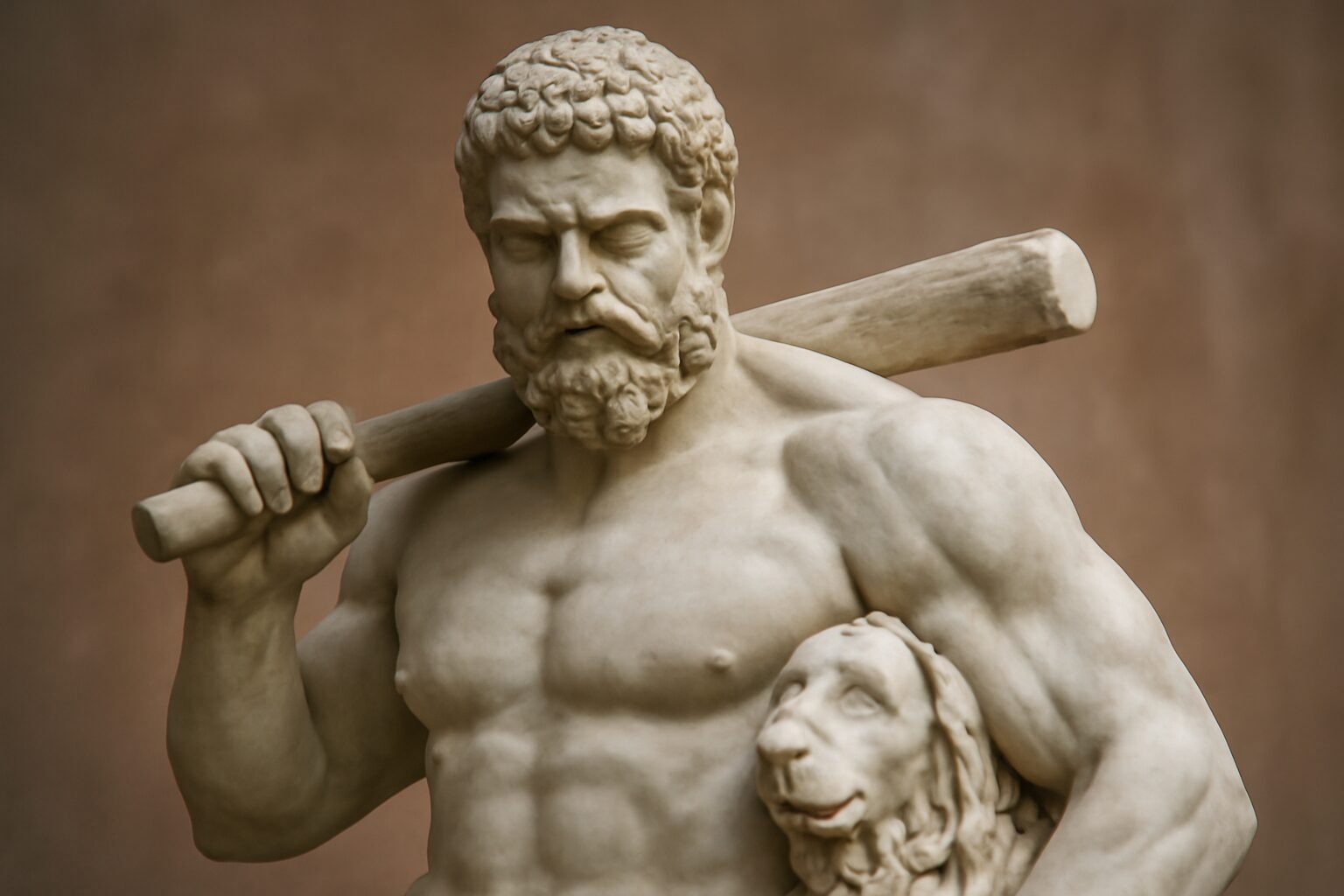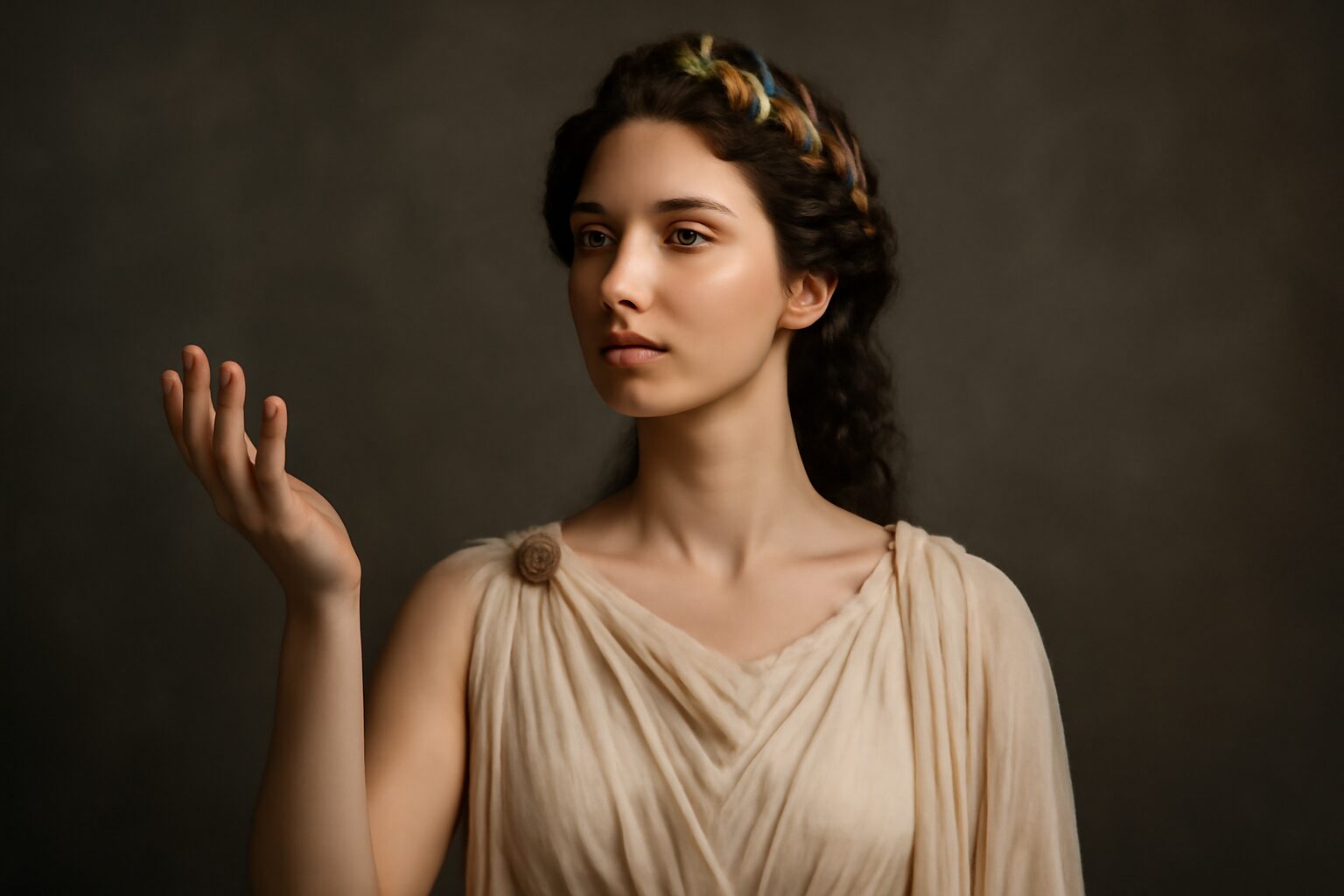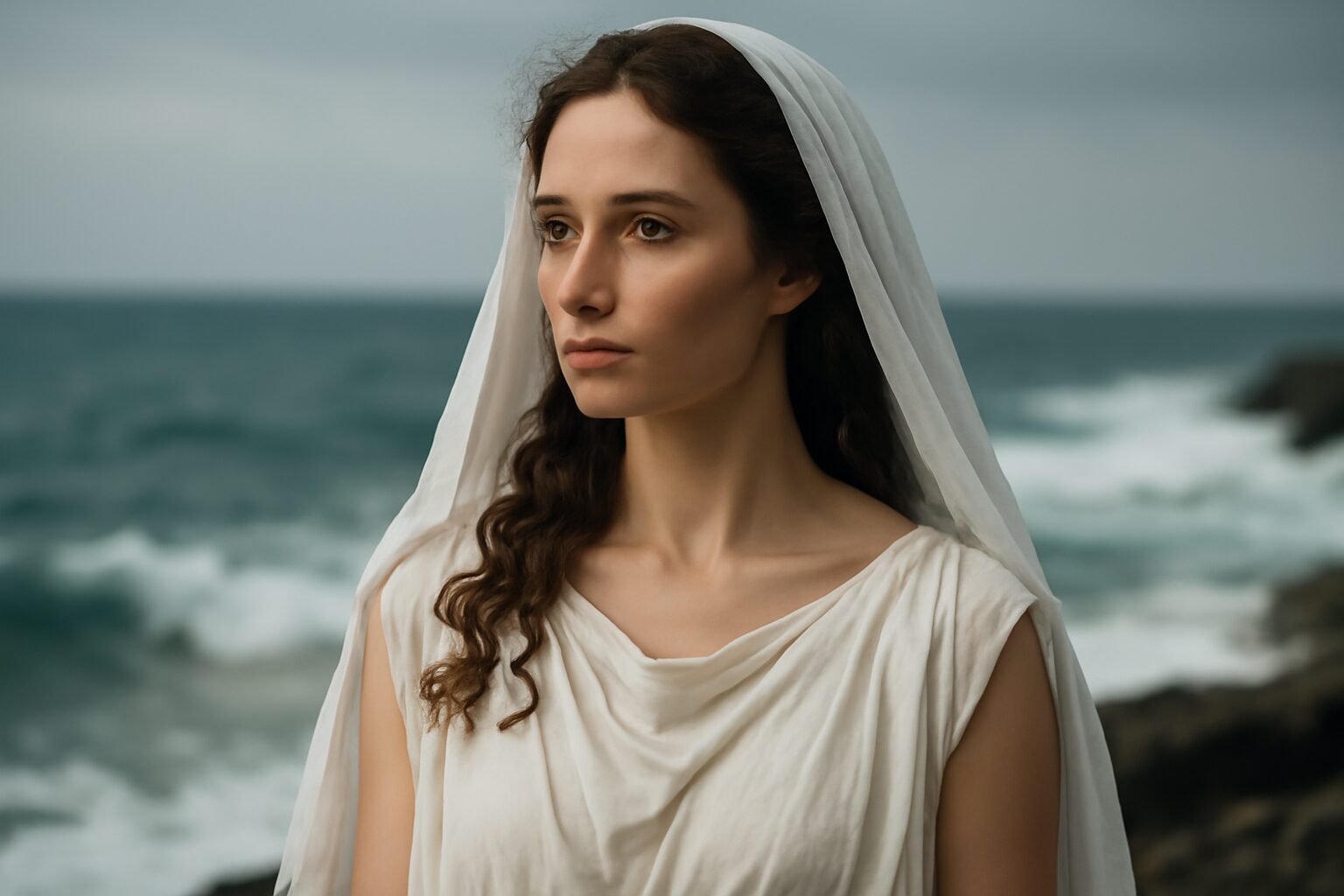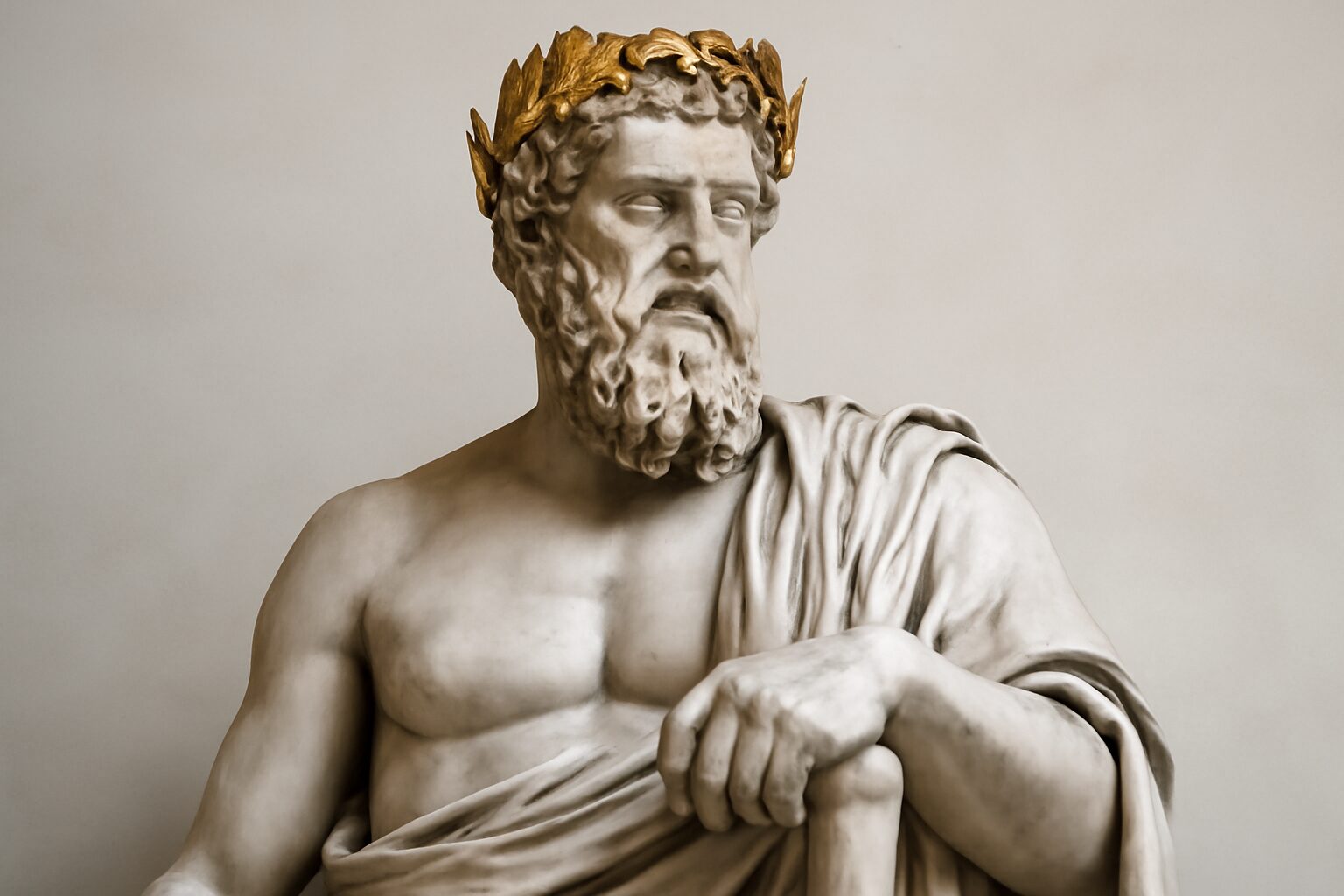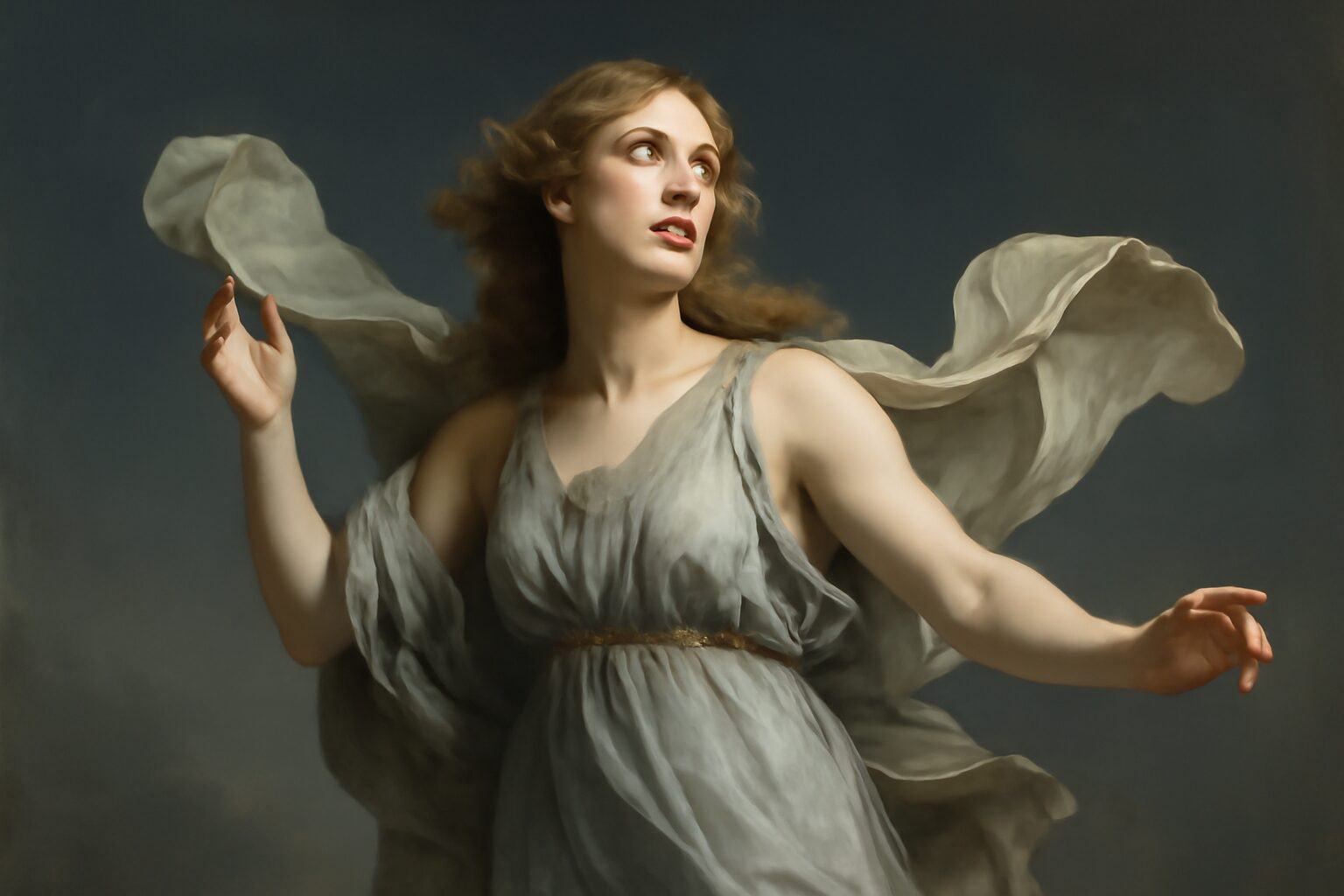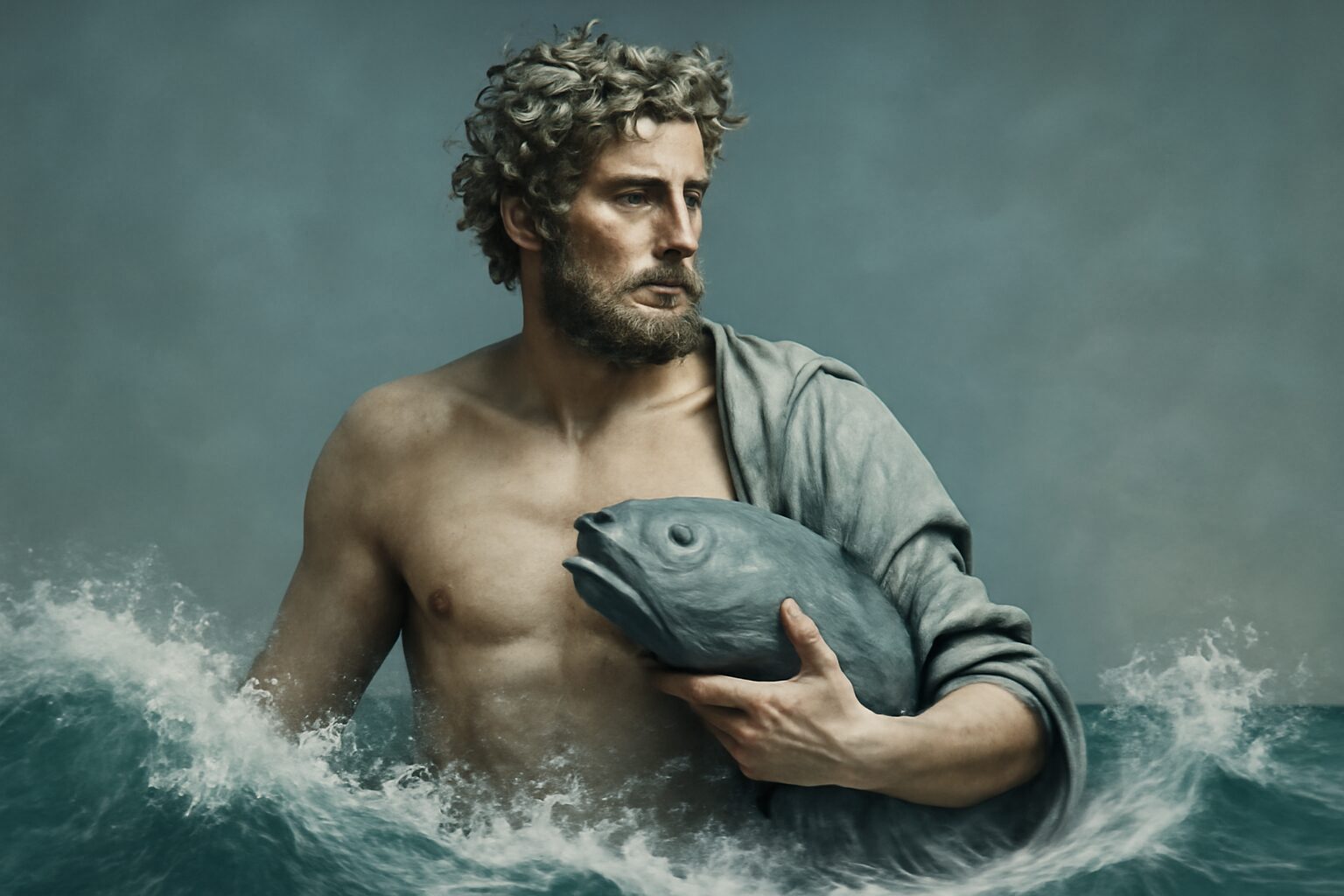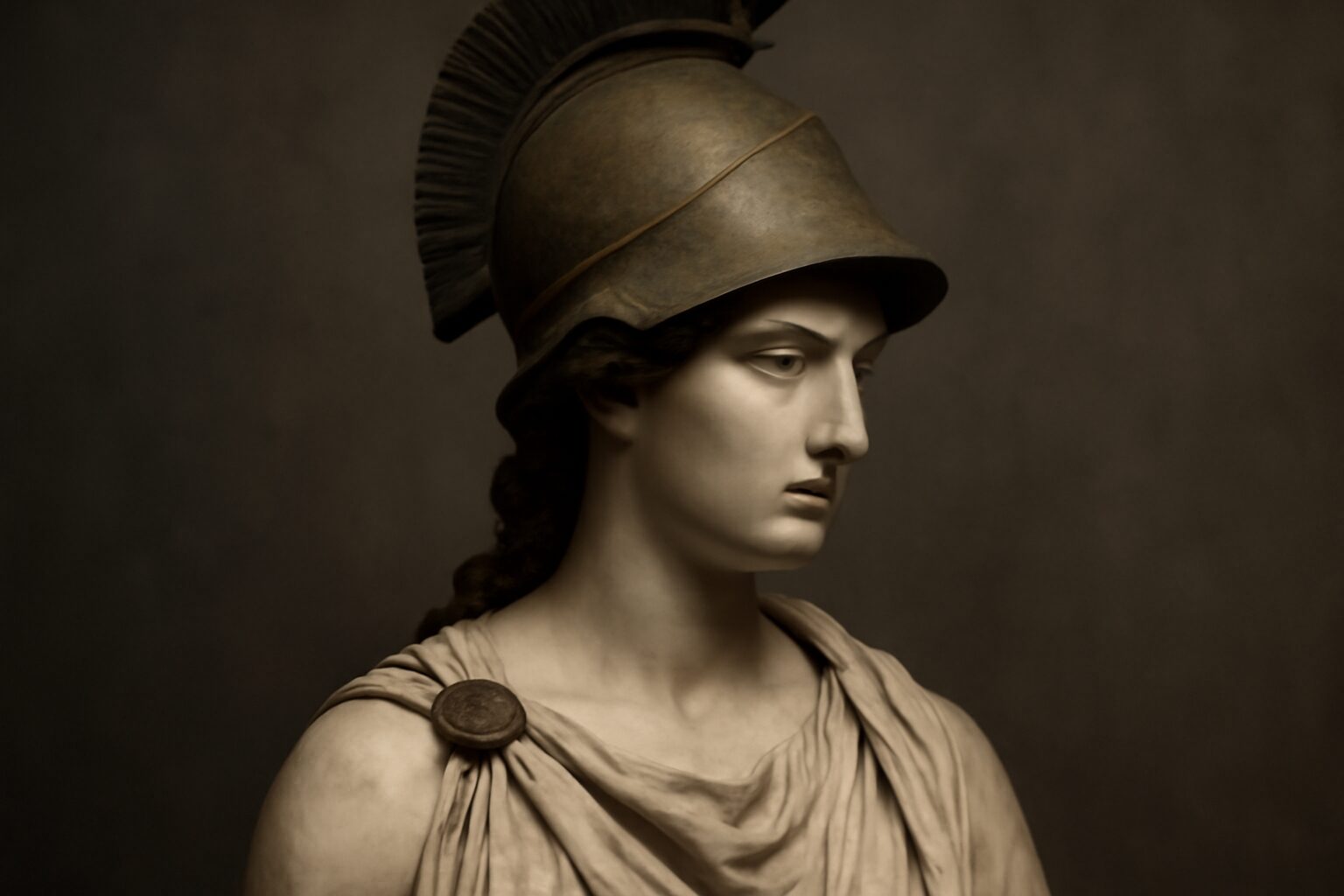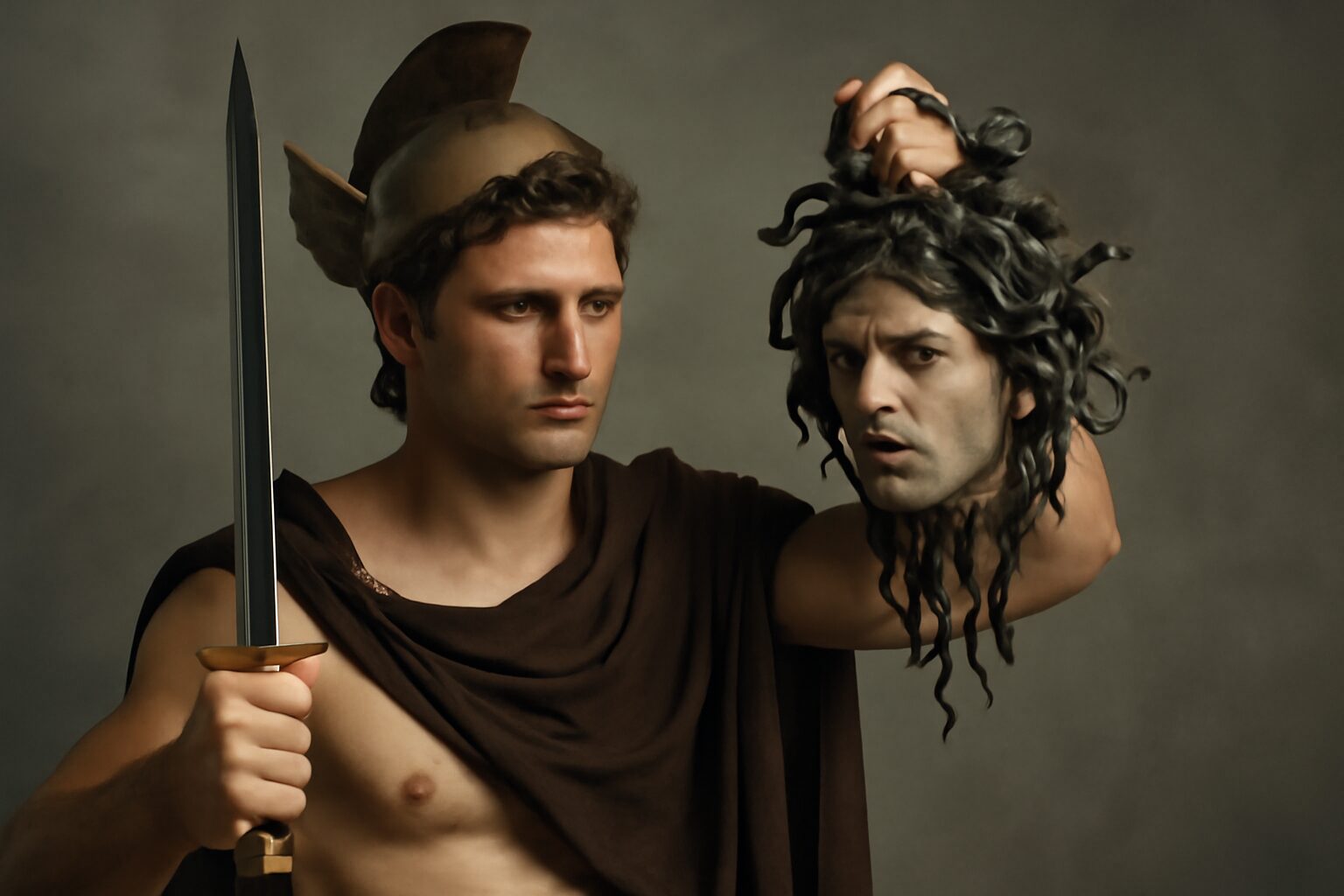Polydeuces (Pollux): The Immortal Twin
In Greek mythology, Polydeuces (known as Pollux in Roman mythology) is one half of the famed Dioscuri, the divine twins who were worshiped as protectors of sailors and warriors. Born to Leda, the queen of Sparta, Polydeuces was the son of Zeus, who famously seduced Leda in the form of a swan. His twin brother, Castor, was the mortal son of Leda's husband, King Tyndareus.
The Bond of the Dioscuri
Polydeuces and Castor were inseparable, embodying the ideal of brotherly love. Together, they embarked on many legendary adventures, including joining Jason and the Argonauts on their quest for the Golden Fleece. The twins were renowned for their skills in battle, horsemanship, and athleticism, often depicted as youthful, heroic figures.
However, tragedy struck when Castor was killed in a conflict. Overcome with grief, the immortal Polydeuces begged his father, Zeus, to share his immortality with his brother. Moved by his devotion, Zeus granted them a unique fate: the twins would alternate between the underworld and Mount Olympus, spending one day among the gods and the next in the realm of the dead. This eternal bond made them symbols of loyalty and sacrifice.
Powers and Worship
As a demigod, Polydeuces possessed superhuman strength, agility, and immortality. He and Castor were later deified as the constellation Gemini, guiding sailors through storms—a role that earned them widespread veneration. Temples and shrines dedicated to the Dioscuri were common in ancient Greece and Rome, where they were invoked for protection in battle and safe voyages.
Legacy in Myth and Culture
The story of Polydeuces and Castor resonated deeply in antiquity, symbolizing the unbreakable ties of kinship. Their myth influenced later Roman culture, where they were known as the Gemini and celebrated in art, literature, and religious rites. Even today, their celestial legacy endures, immortalized in the stars as a testament to brotherhood and divine favor.
Alternative Names for Polydeuces (Pollux)
God Name: Pollux (Roman)
Pollux is the Roman equivalent of the Greek god Polydeuces. In Roman mythology, he is one of the Dioscuri, the twin sons of Zeus (Jupiter) and Leda, alongside his brother Castor.
God Name: Polydeukes (Greek)
An alternative Greek spelling of Polydeuces, reflecting the original Greek pronunciation and linguistic variations in ancient texts.
God Name: Dioskouros (Greek)
Polydeuces is often referred to as one of the Dioskouroi (Dioscuri in Latin), meaning 'sons of Zeus.' This title emphasizes his divine parentage alongside his twin brother Castor.
God Name: Tindaridai (Greek)
A patronymic name meaning 'sons of Tyndareus,' referring to Polydeuces and Castor. Though Zeus was their divine father, Tyndareus was their mortal stepfather, and this name reflects their connection to him.
Tales about Polydeuces (Pollux)
Polydeuces and the Healing of Castor
During the Ares-inspired battle against the sons of Aphareus, Polydeuces’ mortal brother Castor was mortally wounded. Desperate to save his twin, Polydeuces carried him to a sacred grove where he prayed to Asclepius for intervention. Though the god of healing could not reverse death, he guided Polydeuces to seek the aid of Iaso, goddess of recuperation. Through her divine herbs and Polydeuces’ unwavering devotion, Castor’s pain was eased, and though he could not be fully restored to mortality, this act became the precursor to their shared immortality when Zeus later offered them alternating days in Olympus and the underworld.
Polydeuces’ Contest with the Wind God
While sailing with the Argonauts, Polydeuces encountered the fury of Boreas, the North Wind, who challenged the hero to a test of strength. As waves threatened to capsize their ship, Polydeuces stood firm at the helm, invoking the calm authority of Aeolus. Impressed by his bravery, Aeolus restrained Boreas’ winds, and Polydeuces wrestled the storm itself into submission—not through force, but through balance and resolve. This encounter was said to have earned him the respect of the wind deities, and sailors later honored both Polydeuces and Zephyrus for granting favorable voyages.
Frequently Asked Questions
Who is Polydeuces (Pollux) in Greek mythology?
Polydeuces, also known as Pollux, is one of the twin brothers known as the Dioscuri in Greek mythology. He is the immortal son of Zeus, while his twin brother Castor is mortal. Together, they represent the constellation Gemini.
Why is Polydeuces important in Greek mythology?
Polydeuces is important because he symbolizes brotherly love and loyalty. After his mortal brother Castor died, Polydeuces shared his immortality with him, allowing them to alternate between the underworld and Mount Olympus, showing the bond between siblings.
What does the story of Polydeuces and Castor teach us?
The story teaches the value of selflessness and devotion. Polydeuces chose to share his immortality with Castor, demonstrating that love and loyalty can transcend even death, a lesson that resonates in many cultures today.
How does the myth of Polydeuces apply to modern life?
The myth reminds us of the enduring importance of family bonds and sacrifice. It encourages people to prioritize relationships and support loved ones, much like Polydeuces did for his brother, which remains relevant in today's world.
What is the connection between Polydeuces and the constellation Gemini?
Polydeuces and Castor are associated with the constellation Gemini, which represents the twins. The stars Castor and Pollux (the Latin name for Polydeuces) are the two brightest stars in the constellation, symbolizing their eternal bond in the night sky.

